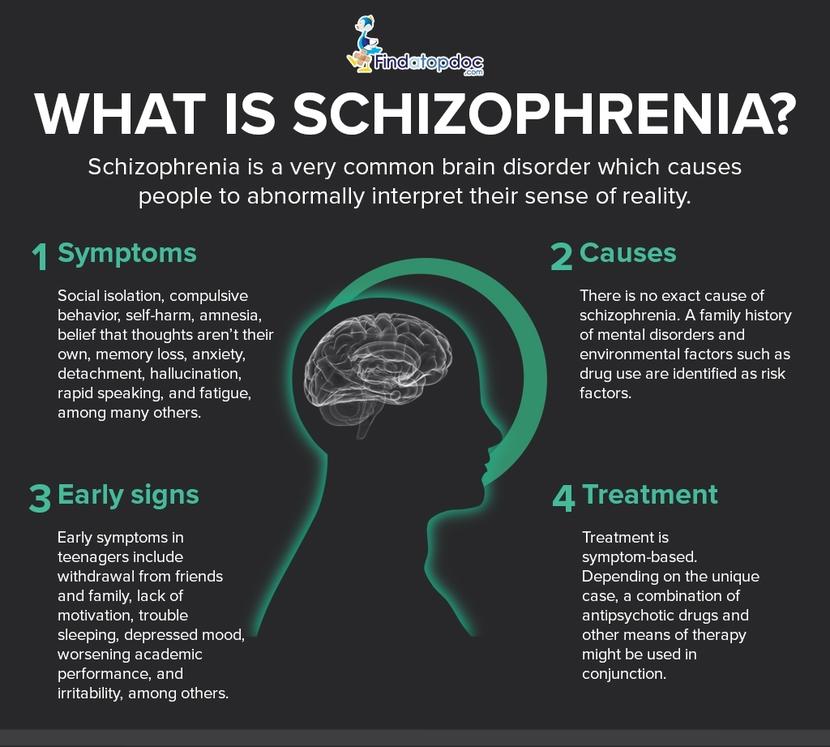

Generally, the disorder is difficult to treat. DA sometimes spontaneously resolves, and may do so in days or months, or it could take years. An objective of dissociative disorder (DD) treatment is to reintegrate the dissociated selves. Minimal evidence-based research exists to support the successful treatment of memory disorders, including for pharmacotherapy.

Individuals with dissociative amnesia practicing mindfulness-based therapy (MBT), a practice easy to follow at home, have produced improvements in memory. Relaxation techniques can easily be employed in daily life.

The relief of stress can release negative emotions and help memories resurface. However, these techniques should be applied with the guidance of a therapist to ensure negative associations do not cause further disassociation. Recall can be aided by cues and storytelling.
#Social amnesia stress professional
The individual will likely be able to recall basic knowledge, routines and rules, but other important information may be lost, such as remembering important contacts.įamilies, friends and professional peers can play an important role in the recovery of lost memories. This risk is higher when the triggering event is related to the home and family life – child or spousal abuse, for example.ĭA can have adverse effects on a career. Daily activities may trigger the underlying cause and cause the individual to further disassociate. The family may also be dealing with a stressful event that caused the amnesia, such as abuse or an accident. Dissociative Amnesia in Daily Lifeĭissociative amnesia can be a stressful experience for families dealing with the stress, depression and confusion of a loved one who has lost memories. It is often triggered by stressful life events and involves travel. It may involve a temporary or permanent loss of one’s personal identity or the development of a new identity. Men with a dissociative identity disorder are at a higher risk of going to prison as a result of directing their aggression towards society.ĭissociative fugue, formerly a separate disorder, is a subtype of amnesia under DSM-V. The repression of memories can lead to maladaptive behavior in adolescence and adulthood such as self-harming or harming others. DA is often comorbid with post-traumatic stress disorder (PTSD). The individual may have partial memory recall through flashes or nightmares. If the memory is being repressed so too is the traumatic events that triggered the disassociation. Suppressed memories can be harmful and should be treated even if the individual re-establishes a good quality of life.

Under DSM-V, the symptoms and criteria for dissociative amnesia are (American Psychiatric Association,2013): In adulthood, DA can appear as a result of trauma such as from war, avoidance such as from aberrant sexual behavior, and stressful situations with extreme emotions such experiences causing rage, fear or shame.īrain imaging studies have identified changes and fiber degeneration in the right temporo-frontal cortex area in individuals with dissociative amnesia (Staniloiu and Markowitsch, 2010). It can be difficult to identify in children due to their undeveloped memory and communication skills. The individual may, however, remember semantic autobiographical information such as the date, time and weather conditions of the accident.ĭissociative amnesia often arises from traumatic childhood events. Episodic autobiographical information is associated with contextual information, such as what happened in the minutes leading up to a traumatic event. DA involves episodic autobiographical memory loss inconsistent with normal forgetfulness. The interruption in memory may be voluntary or involuntary and is most often a result of psychological trauma. The disorder involves the temporary loss of recall memory caused by disassociation, which may last for a period of seconds or years. DSM-5 Category: Dissociative Disorders Introductionĭissociative amnesia (DA) is one of three dissociative disorders listed under DSM-V.


 0 kommentar(er)
0 kommentar(er)
